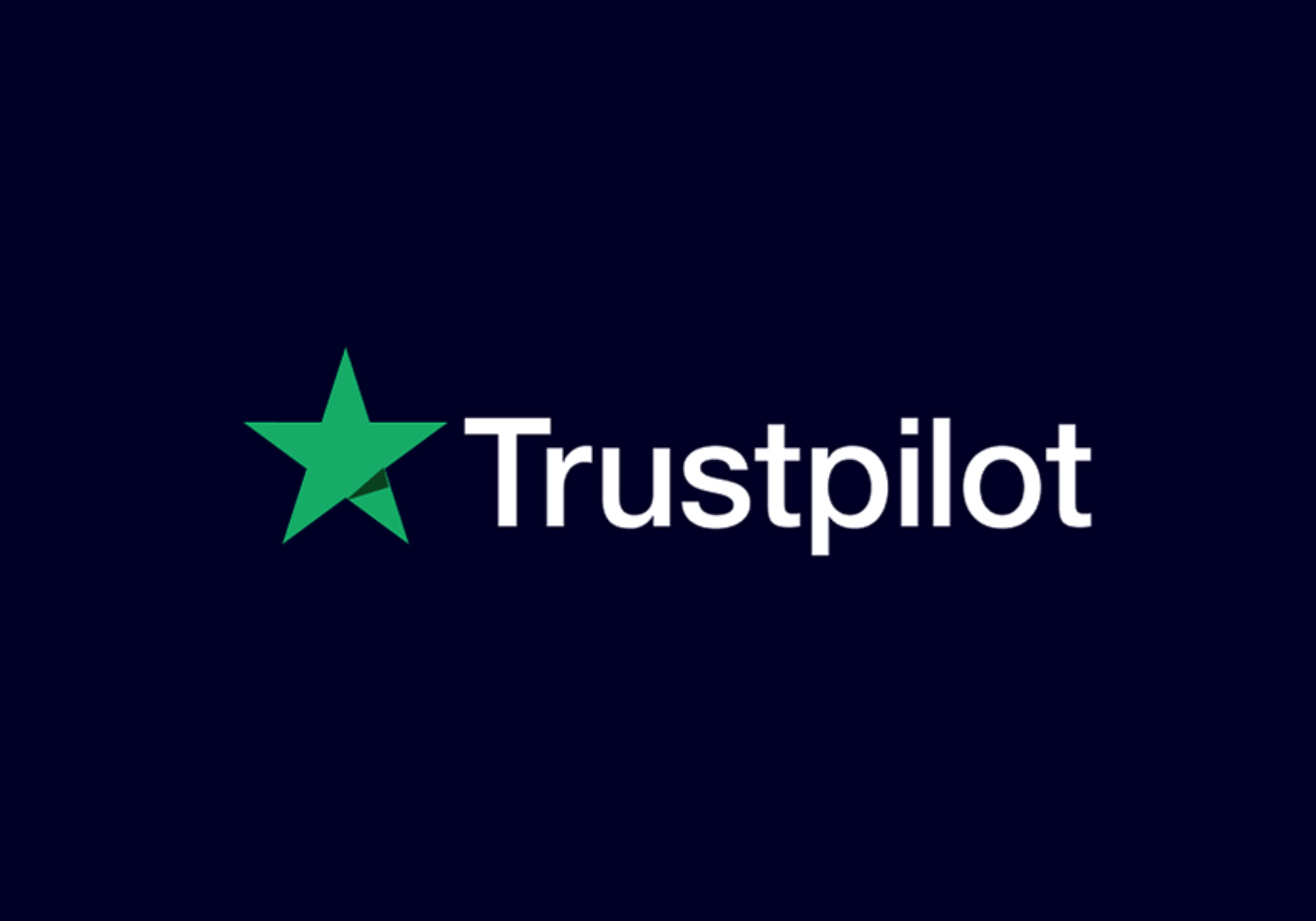Why is trust important for growth?
Trust can be defined as the expectation of good performance, including honesty and the fulfilment of promises. In digital terms, trustworthiness is demonstrable and quantifiable attribute. In an economic sense, trust works best in advance, facilitating cooperation between parties, bypassing transaction costs.
What is Trust?
Studies indicate that trust and reputation are critical for attracting users in the sharing economy, making trust-building a central focus for growth. In the digital age, trust is often expressed through online reviews, with platforms like Trustpilot or Google offering quantifiable measures of trustworthiness based on scores. Reviews provide potential users with an accessible and data-driven means to evaluate platforms, highlighting their importance for platform growth.
The importance of trust is, unfortunately, most obvious when it is lost, thus there is imperative to invest in trust – before challenges arise.

How is trust built?
As suggested by Yang, S-B. et al. (2019), three approaches to trust building, relevant to digital platforms include: social characteristics, institutional frameworks and experiential processes. All three can be leveraged to build trust.
Social characteristics: This approach relies on personal connections built upon shared traits, such as ethnicity, nationality, language, or social memberships. It essentially means leveraging familiarity to establish trustworthiness and can be extended beyond physical attributes to include cultural or social affiliations. Platforms aiming to establish trust through online reviews should initially target audiences with shared social characteristics, as this approach is often the quickest and most effective way to build credibility.
Institutional Trust: This approach centres on legal frameworks, professional certifications, and other indicators of ‘trust capital’ that help establish credibility. In the peer-to-peer industry, licenses such as those from ESMA and ECSP serve as prime examples. Users rely on these institutional mechanisms as assurances, reducing uncertainty and often signalling specific competencies. Platforms should carefully assess their own trust indicators and ensure they are clearly communicated to users. In some instances, this may also extend to social capital, such as the qualifications or certifications of key decision-makers, for example, when a staff member is a registered chartered accountant. However, platforms should be cautious as reliance on institutional trust can set higher expectations.
Experience: The last and most predictable approach to trust building is simply past experiences. Users are more likely to trust platforms they’ve used before, providing they’ve had a positive experience. Platforms should keep this in mind for several contexts. First, it underscores the importance of user-onboarding. Negative experiences with new users can have lasting consequences for platforms. So invest carefully in onboarding. Secondly, recalling the unique context of the digital era, in that that trust is measurable and quantifiable implies it is also shared. So platforms should invest in discovering positive user experiences then implement calls to action around leaving positive reviews around those experiences. For example, after a withdrawal is successfully processed within an agreed timeframe.
Getting Trustpilot Reviews: Social & Experiential
Having understood the three approaches to trust building, the next step is to categorise user cohorts into two categories based on their likely approach to trust, either: social or experiential. The institutional trust approach involves a different call to action not related to obtaining reviews.
The first cohort, the ‘social’ group, should be contacted primarily via email, as this is typically the preferred method today, though phone contact can also be considered. When requesting a review, the message should leverage shared traits, such as cultural or linguistic commonalities, which can even be subtly conveyed through the use of the user’s native language. The native language element is especially important, as AI-generated calls to action often fail to capture the nuances and personal touch that human communication provides. The request for a review should be personalised, subtly incorporating references to these shared connections, to foster a sense of trust and relevance.
The second cohort, the ‘experiential’ group, should also be contacted and, like their ‘social’ counter-parts be asked to leave a review. However, the different here is that the request should be primed with information about a positive experience. For example, ‘your withdrawal was processed in 3 days. share your experience with others’. The reminder of the experiential cohort is intended to not only nudge the user into leaving a review, but also aims to influence its content.
As mentioned earlier, the appropriate ‘call to action’ for institutional trust focuses on marketing efforts designed to attract users by showcasing the platform’s trustworthiness. Unlike the social or experiential groups, the institutional trust approach does not easily lend itself to practical calls to action, such as requesting reviews. Instead, it emphasises the importance of highlighting formal trust signals, like legal certifications, professional endorsements, and regulatory compliance, which can assure users of the platform’s credibility and reliability.

‘Leave Us A Review’: Nudges
In today’s ‘trust economy’, users are often overwhelmed with requests to ‘leave a review’, which can dilute the effectiveness of these calls to action, particularly when negative feedback tends to be more readily given. So, how can platforms make leaving a review more appealing? Social exchange theory suggests that users are more likely to leave a review when they perceive a benefit to themselves. By subtly adjusting the language used in these requests, platforms can significantly increase engagement. For instance, replacing phrases like ‘leave us a review’ with alternatives such as ‘share your experience’, ‘rate our service’, or ‘how well did we do?’ shifts the focus. This approach positions the act of leaving a review as a chance for users to share their thoughts, implying that their participation is valuable and contributes to something meaningful, rather than merely benefiting the platform.
Trust the Process
Trust the process! Book a free consultation with Ecolibero and explore practical steps to enhance your online reputation and build trust, helping you attract new users with confidence.
References
Yang, S.-B. et al. (2019) ‘In Airbnb we trust: Understanding consumers’ trust-attachment building mechanisms in the sharing economy’, International journal of hospitality management, 83, pp. 198–209. Available at: https://doi.org/10.1016/j.ijhm.2018.10.016.

